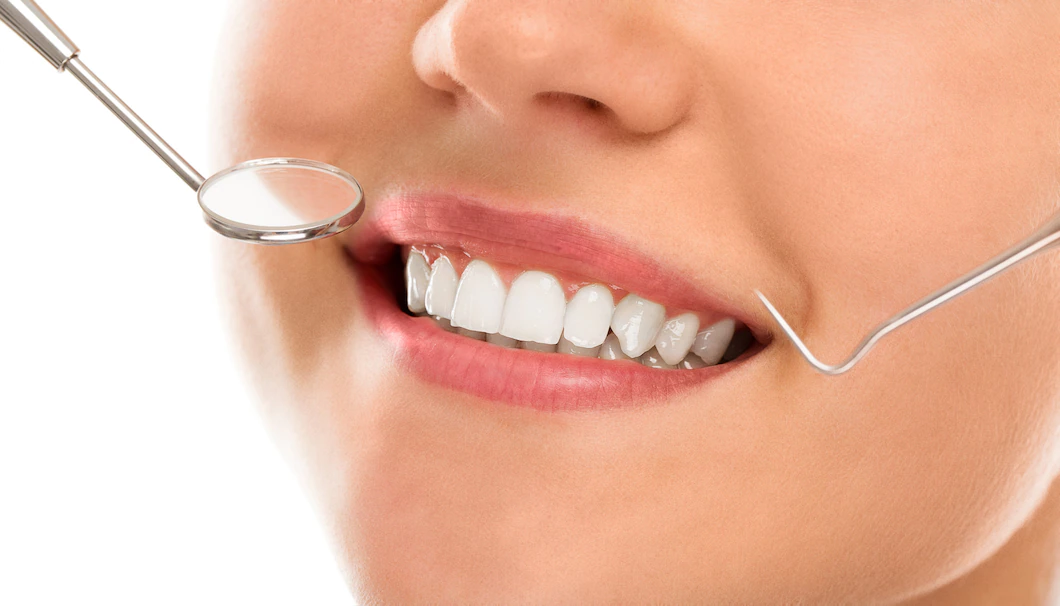Gum emergencies can be alarming and painful, often requiring immediate attention to prevent complications. Whether it’s sudden bleeding, swelling, or an abscess, knowing how to respond effectively can help alleviate discomfort and ensure proper care. In this blog, we’ll explore common gum emergencies, how to address them, and when to seek professional help.
Understanding Common Gum Emergencies
Before we dive into how to handle gum emergencies, let’s discuss some of the most common issues that can arise:
1. Bleeding Gums
Bleeding gums can occur for various reasons, such as:
- Gum Disease: Conditions like gingivitis or periodontitis can lead to inflammation and bleeding.
- Brushing Too Hard: Using excessive force while brushing can irritate your gums.
- Injury: A cut or trauma to the gum tissue can cause bleeding.
2. Swollen Gums
Swollen gums are often a sign of inflammation and can be caused by:
- Infection: Bacterial infections can lead to swelling and pain.
- Allergies: Allergic reactions to certain foods or dental products may cause gum irritation.
- Hormonal Changes: Changes during pregnancy or menstruation can affect gum health.
3. Abscessed Gums
An abscess is a painful infection that can occur in the gums, characterized by:
- Pus Formation: This is a sign of infection.
- Severe Pain: The pain can be intense and throbbing.
- Swelling and Redness: The affected area may be visibly swollen and inflamed.
4. Receding Gums
Receding gums gradually expose the roots of the teeth, leading to:
- Sensitivity: Exposed roots can be sensitive to temperature changes.
- Increased Risk of Cavities: The exposed areas are more prone to decay.
Steps to Address Gum Emergencies
1. Stay Calm
The first step in any emergency is to remain calm. Panicking can make the situation feel worse. Take a moment to breathe deeply and assess the issue at hand.
2. Identify the Problem
Try to determine the cause of the gum emergency. Understanding the issue can help you decide on the best course of action:
- Bleeding Gums: Check if you’ve been brushing too hard or if there’s food stuck between your teeth.
- Swollen Gums: Look for signs of infection or irritation.
- Abscess: If you notice swelling and pus, this indicates a more serious issue that needs prompt attention.
3. Clean the Area
Maintaining oral hygiene is crucial, even in emergencies:
- Warm Salt Water Rinse: Mix one teaspoon of salt in a glass of warm water. Swish this solution in your mouth for about 30 seconds, then spit it out. This rinse can help cleanse the area and reduce inflammation.
4. Manage Pain and Discomfort
If you’re experiencing pain, consider these options:
- Over-the-Counter Pain Relievers: Medications like ibuprofen or acetaminophen can help alleviate pain and reduce inflammation. Always follow the dosage instructions on the packaging.
- Cold Compress: If there’s swelling, apply a cold compress to the outside of your cheek for 15-20 minutes. This can numb the area and reduce swelling.
5. Avoid Irritating Foods
While dealing with gum emergencies, be mindful of your diet:
- Avoid Hard, Crunchy, or Spicy Foods: These can irritate sensitive gums and exacerbate pain.
- Opt for Soft Foods: Choose foods like yogurt, applesauce, or mashed potatoes that are easier to eat without causing further discomfort.
6. Seek Professional Help
Many gum issues require dental attention. Here’s when you should definitely call a dentist:
- Persistent Bleeding: If your gums continue to bleed for more than 10 minutes, seek professional help.
- Signs of Infection: If you experience fever, severe swelling, or pus, it’s essential to see a dentist immediately.
- Severe Pain: If pain does not subside with over-the-counter medications, make an appointment with your dentist.
7. Maintain Good Oral Hygiene
Preventive care is essential in managing gum health:
- Gentle Brushing and Flossing: Continue to brush and floss your teeth, but do so gently to avoid aggravating the affected area. Use a soft-bristled toothbrush to minimize irritation.
- Regular Dental Visits: Schedule routine check-ups and cleanings to maintain gum health and catch any issues early.
Additional Tips for Gum Health
1. Hydrate
Staying hydrated is essential for maintaining overall oral health. Drinking plenty of water can help wash away food particles and bacteria that may contribute to gum problems.
2. Use Antimicrobial Mouthwash
Using an antimicrobial mouthwash can help reduce bacteria in your mouth, potentially lowering the risk of gum infections. Look for products that specifically mention gum health.
3. Quit Smoking
If you smoke, consider quitting. Smoking is a significant risk factor for gum disease and can hinder healing.
4. Balanced Diet
Eating a balanced diet rich in vitamins and minerals, particularly vitamin C, can promote gum health. Foods like oranges, strawberries, and leafy greens can be beneficial.
Learn more: Nearby Dentist In Navi Mumbai
Conclusion
Addressing gum emergencies promptly can help prevent complications and ensure your oral health is maintained. By staying calm, identifying the problem, managing pain, and seeking professional help when necessary, you can effectively handle gum issues as they arise. Remember, maintaining good oral hygiene and scheduling regular dental visits are key to preventing future emergencies. Your gum health is essential to your overall well-being, so don’t hesitate to reach out for help when you need it!
